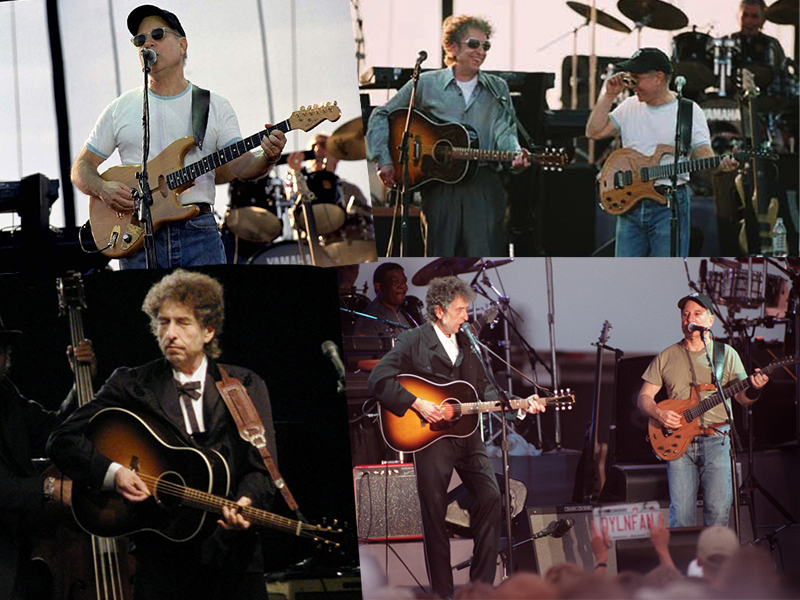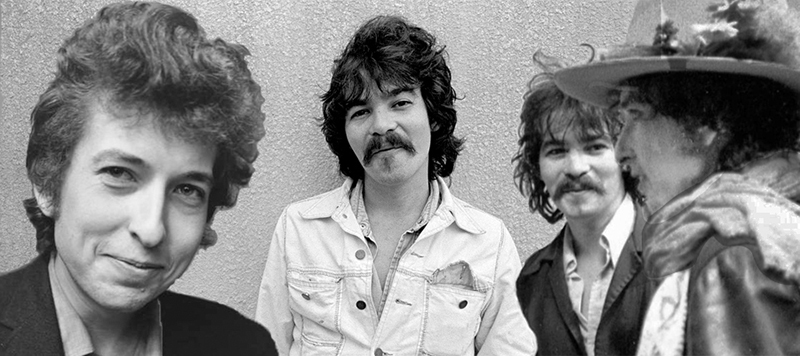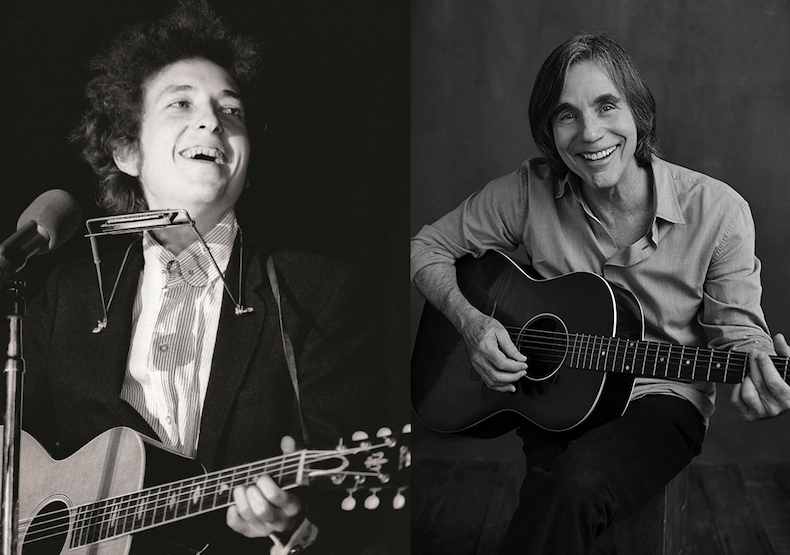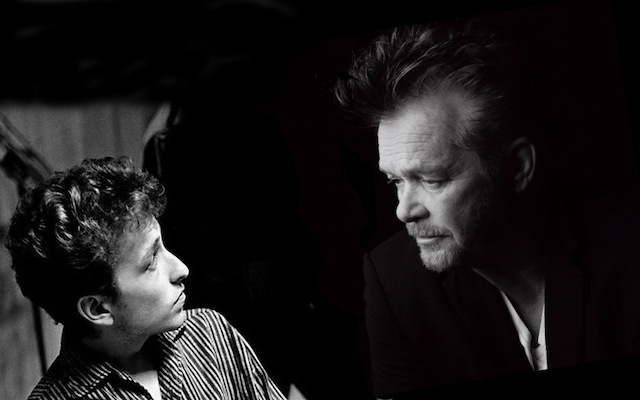Redirecting to a newer version of this post….
[vc_row][vc_column][vc_message message_box_color=”mulled_wine” icon_fontawesome=”fa fa-quote-left”]The way I think about the blues, comes from what I learned from Big Joe Williams. The blues is more than something to sit home and arrange. What made the real blues singers so great is that they were able to state all the problems they had; but at the same time, they were standing outside of them and could look at them. And in that way, they had them beat. What’s depressing today is that many young singers are trying to get inside the blues, forgetting that those older singers used them to get outside their troubles.
-Bob Dylan (The Freewheelin’ Bob Dylan Liner Notes – 1963)[/vc_message][/vc_column][/vc_row]
Joseph Lee “Big Joe” Williams (October 16, 1903 – December 17, 1982) was an American Delta blues guitarist, singer and songwriter, notable for the distinctive sound of his nine-string guitar. Performing over four decades, he recorded the songs “Baby Please Don’t Go”, “Crawlin’ King Snake” and “Peach Orchard Mama”, among many others.
Continue reading Bob Dylan Sings Big Joe Williams (born October 16, 1903)

 [vc_row][vc_column][vc_message message_box_color=”mulled_wine” icon_fontawesome=”fa fa-quote-left”]Alright! It’s my great honor right now to welcome a man to the stage who needs no introduction at all. One of the great songwriters and performers of the modern day. Ladies and gentlemen — Paul Simon!
[vc_row][vc_column][vc_message message_box_color=”mulled_wine” icon_fontawesome=”fa fa-quote-left”]Alright! It’s my great honor right now to welcome a man to the stage who needs no introduction at all. One of the great songwriters and performers of the modern day. Ladies and gentlemen — Paul Simon!
 [vc_row][vc_column][vc_message message_box_color=”mulled_wine” icon_fontawesome=”fa fa-quote-left”]Bob [Dylan] was on 60 Minutes a few years ago and he said that there was a time in his life when he was ‘doing magic’, like something was passing through him and he said ‘I could do it then but I can’t do it now, It’s a courageous, brilliant and generous of him to say that and why should you have to do it again. It doesn’t have to be done twice for me. But he could be speaking for everyone when he says, ‘you can do it once, you don’t have to do it again’.
[vc_row][vc_column][vc_message message_box_color=”mulled_wine” icon_fontawesome=”fa fa-quote-left”]Bob [Dylan] was on 60 Minutes a few years ago and he said that there was a time in his life when he was ‘doing magic’, like something was passing through him and he said ‘I could do it then but I can’t do it now, It’s a courageous, brilliant and generous of him to say that and why should you have to do it again. It doesn’t have to be done twice for me. But he could be speaking for everyone when he says, ‘you can do it once, you don’t have to do it again’.